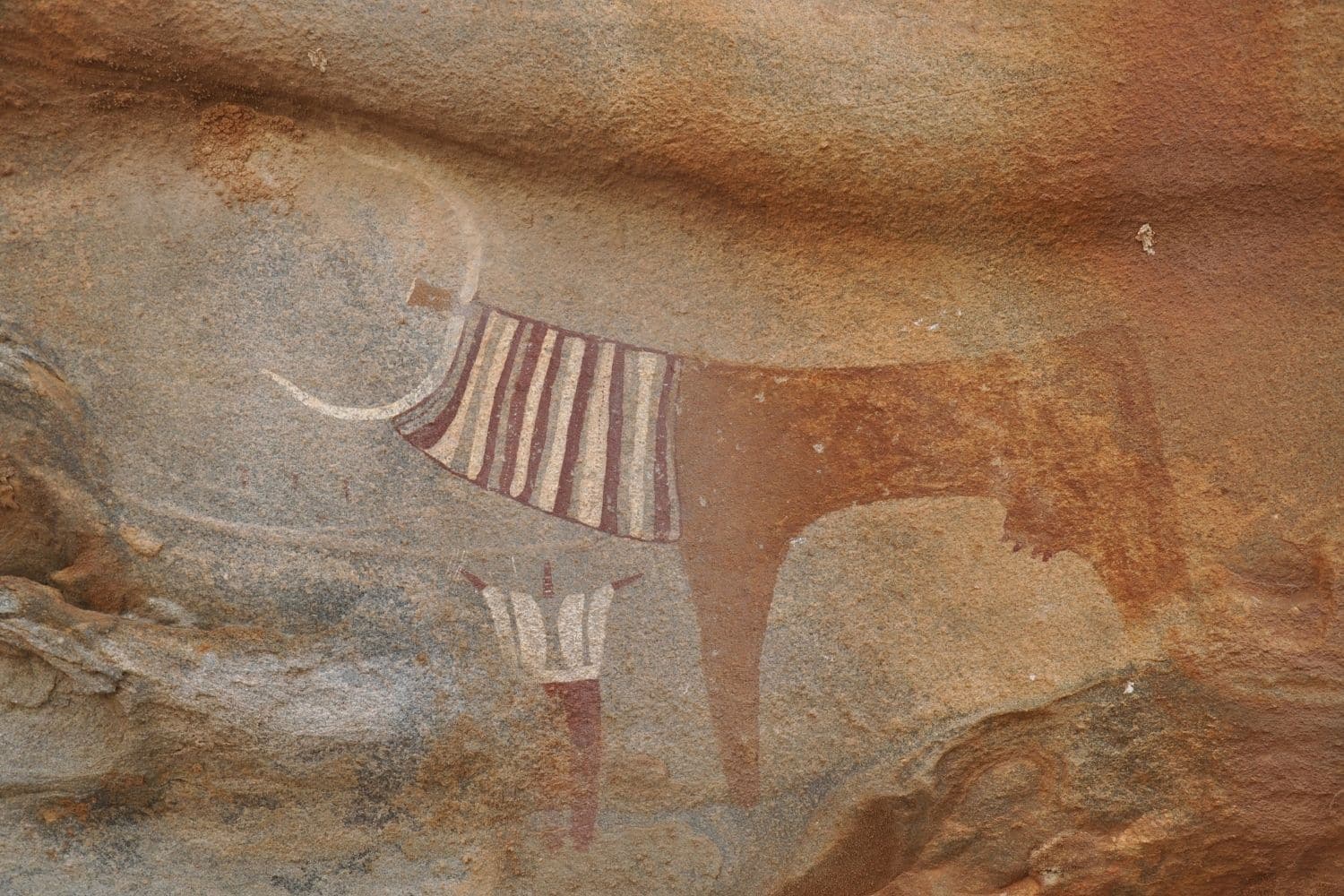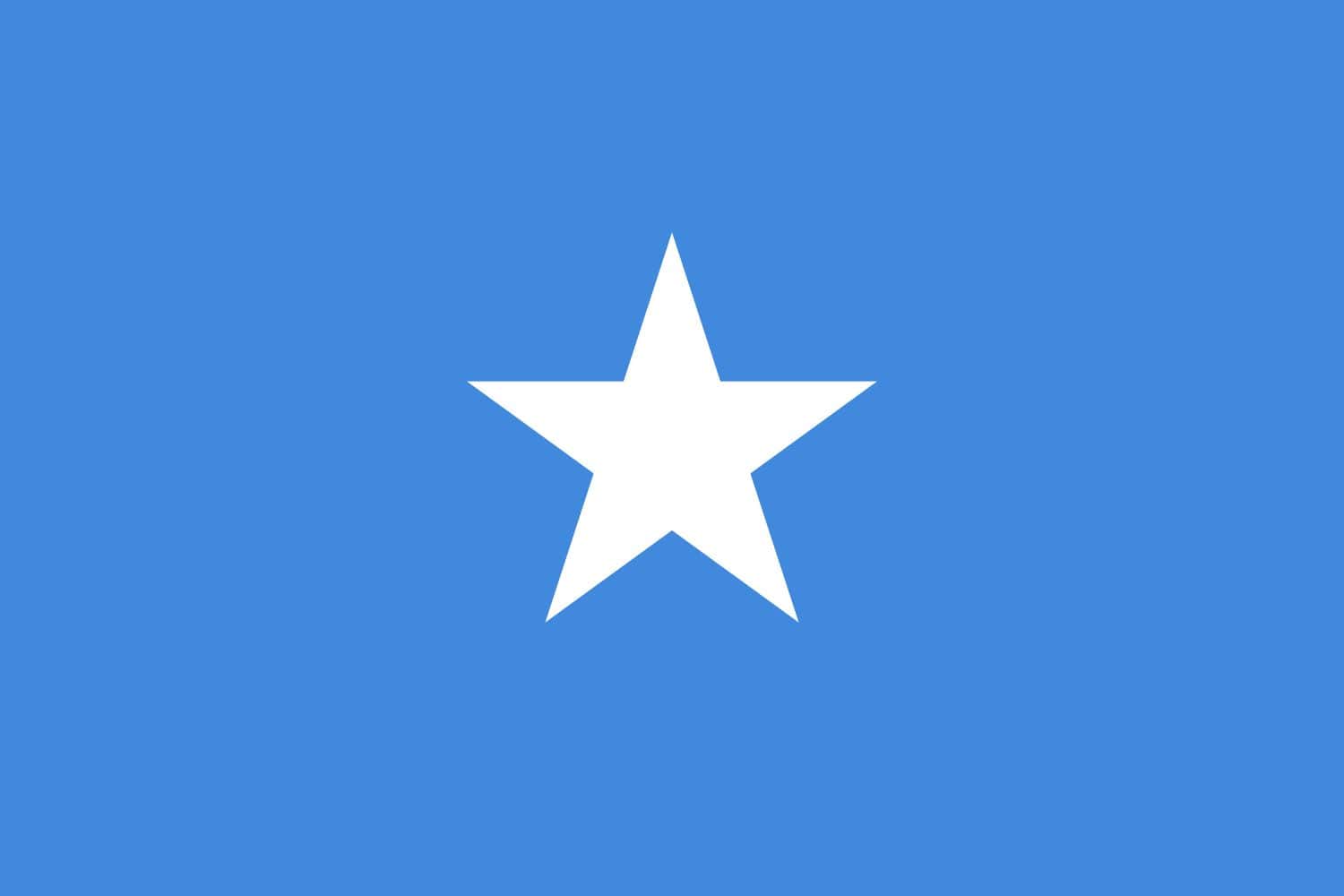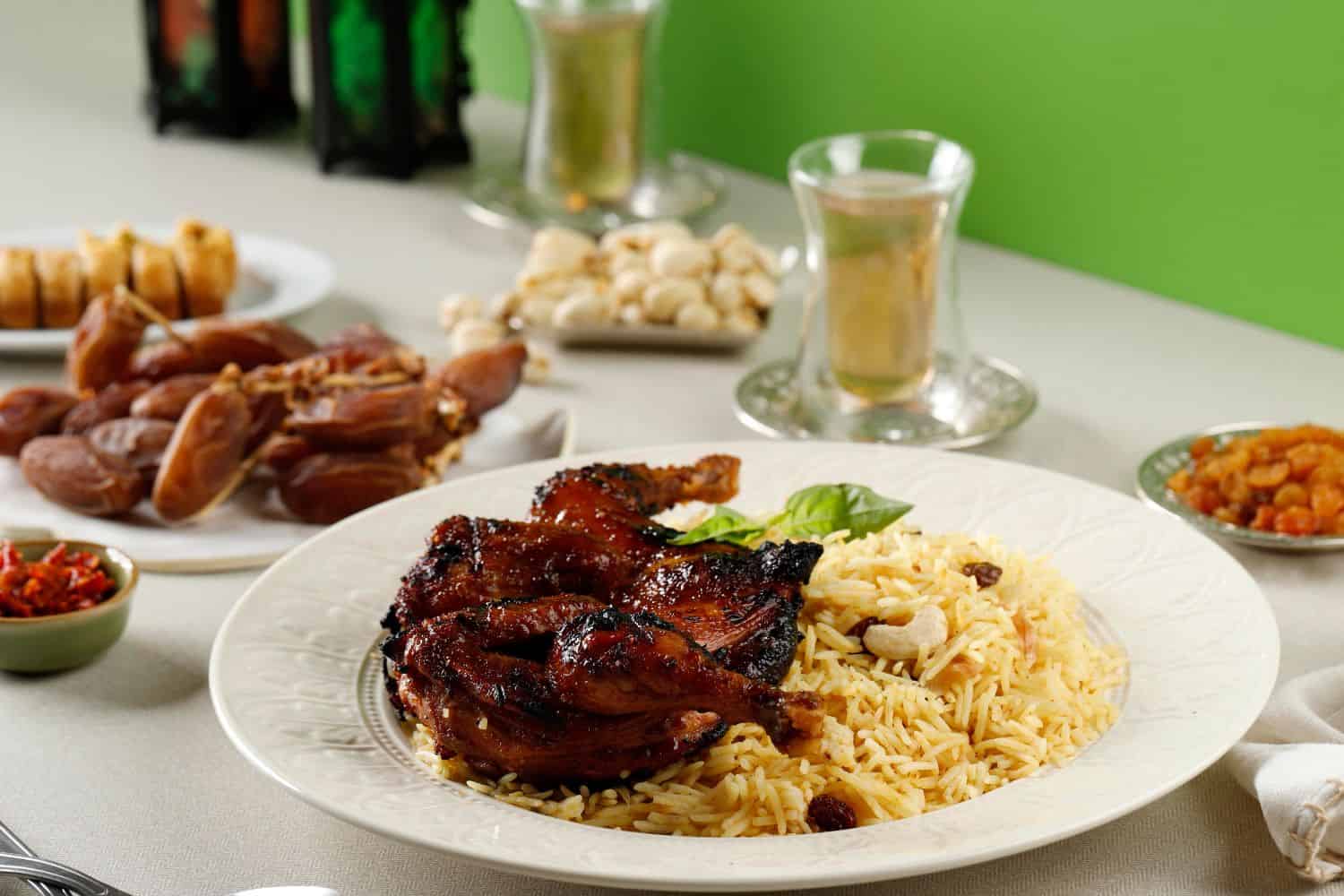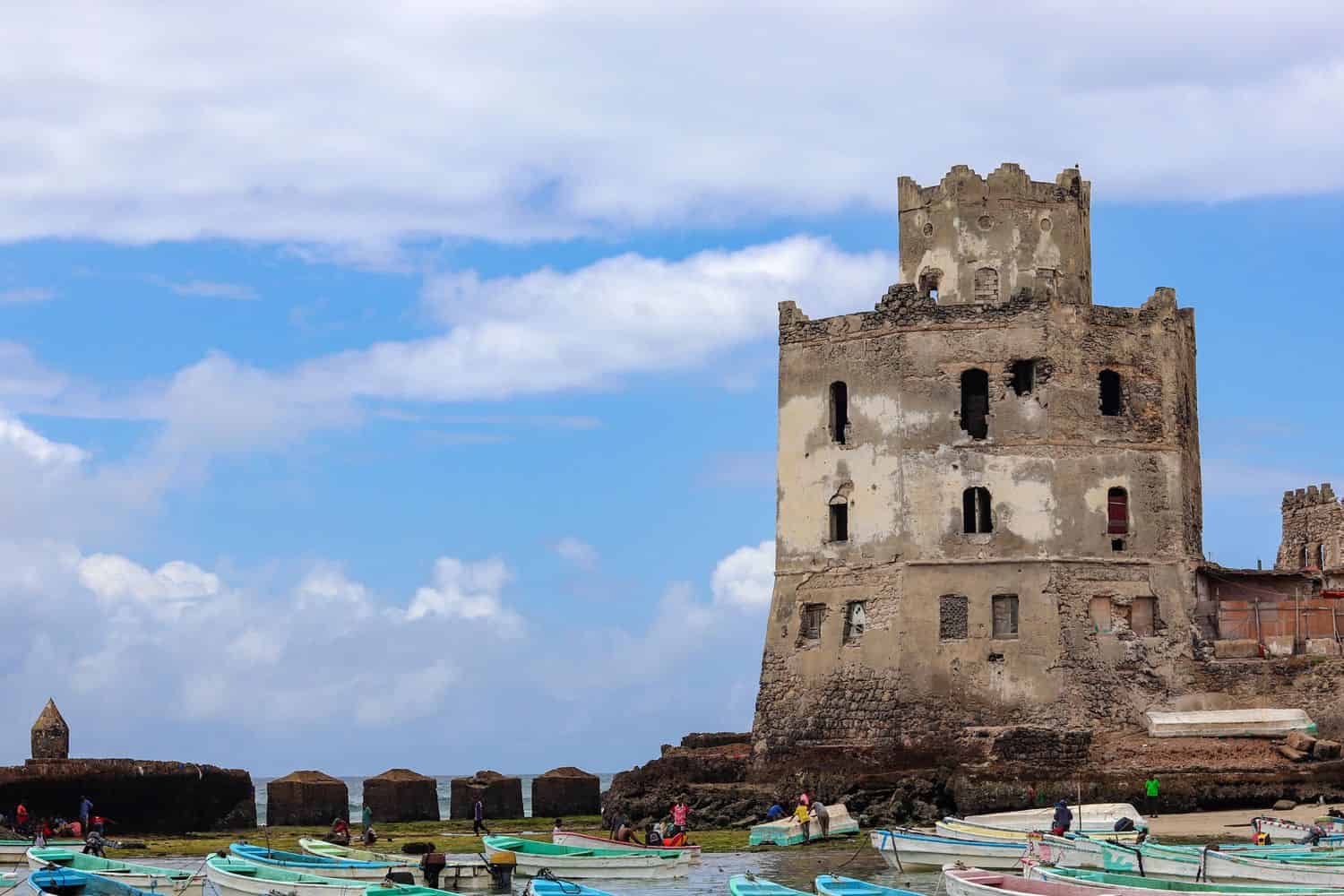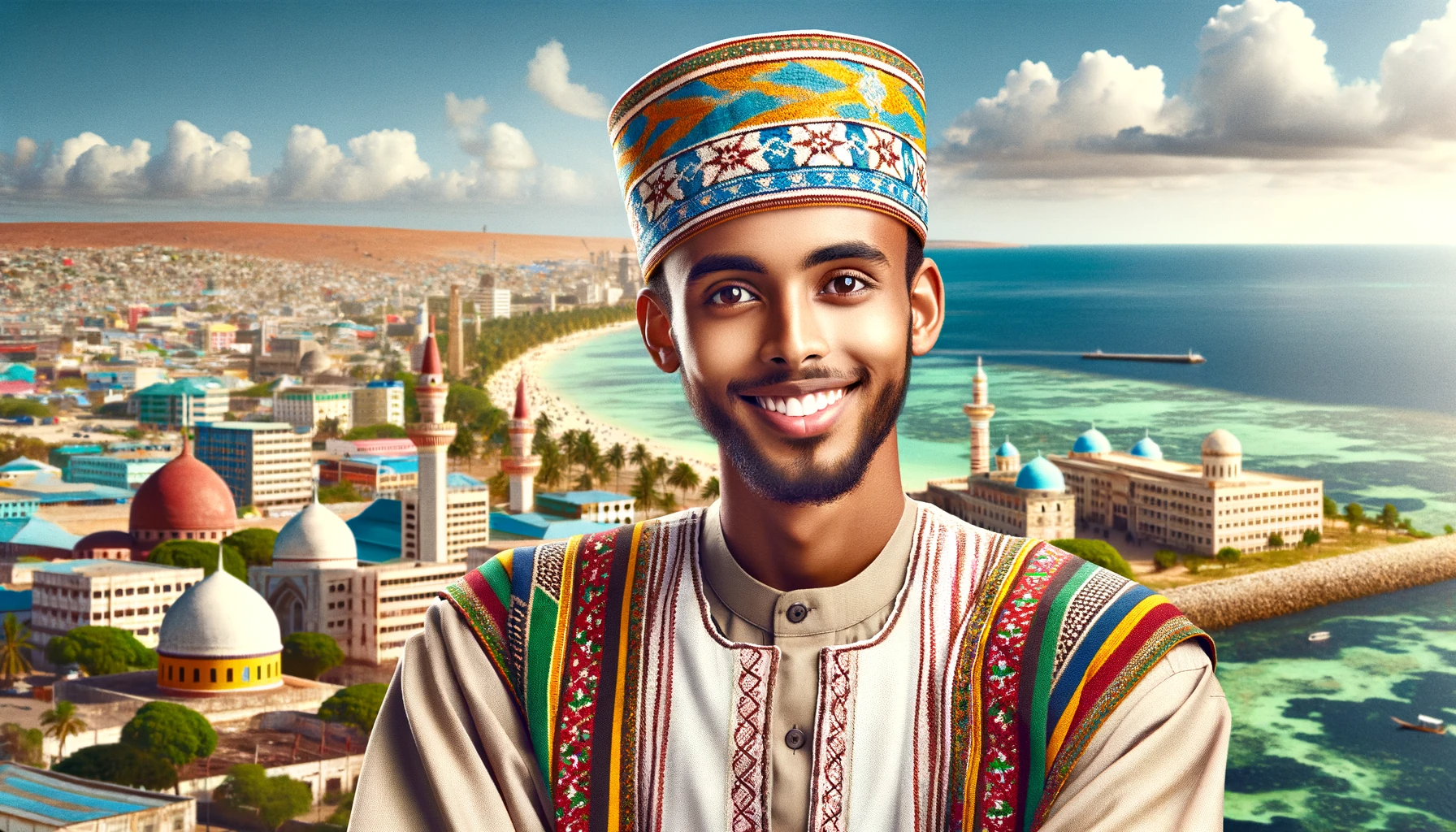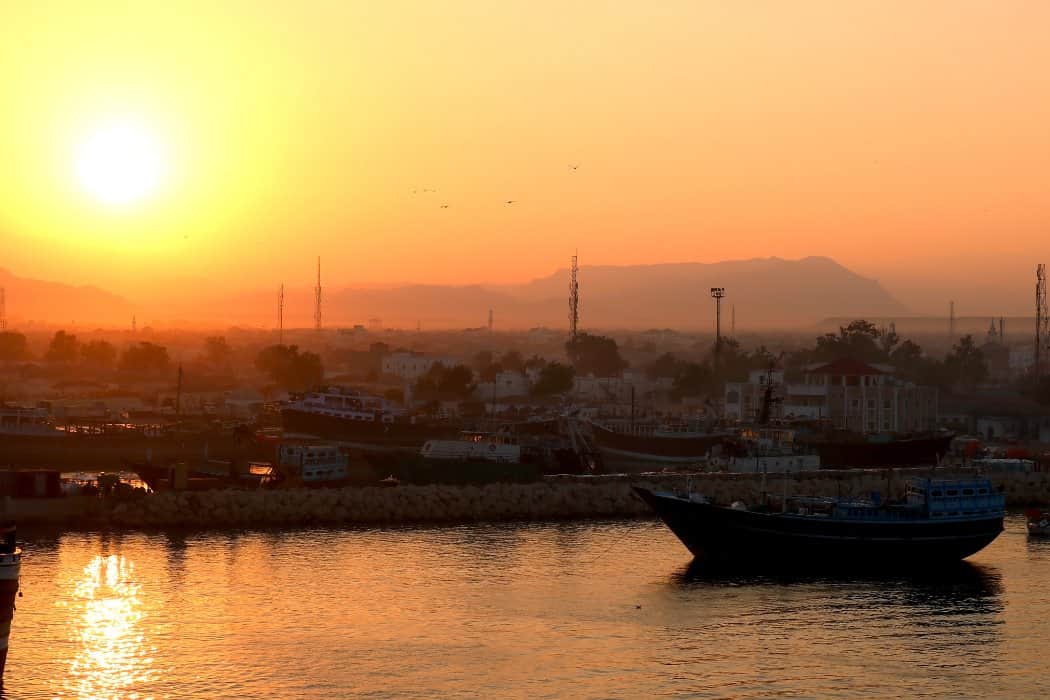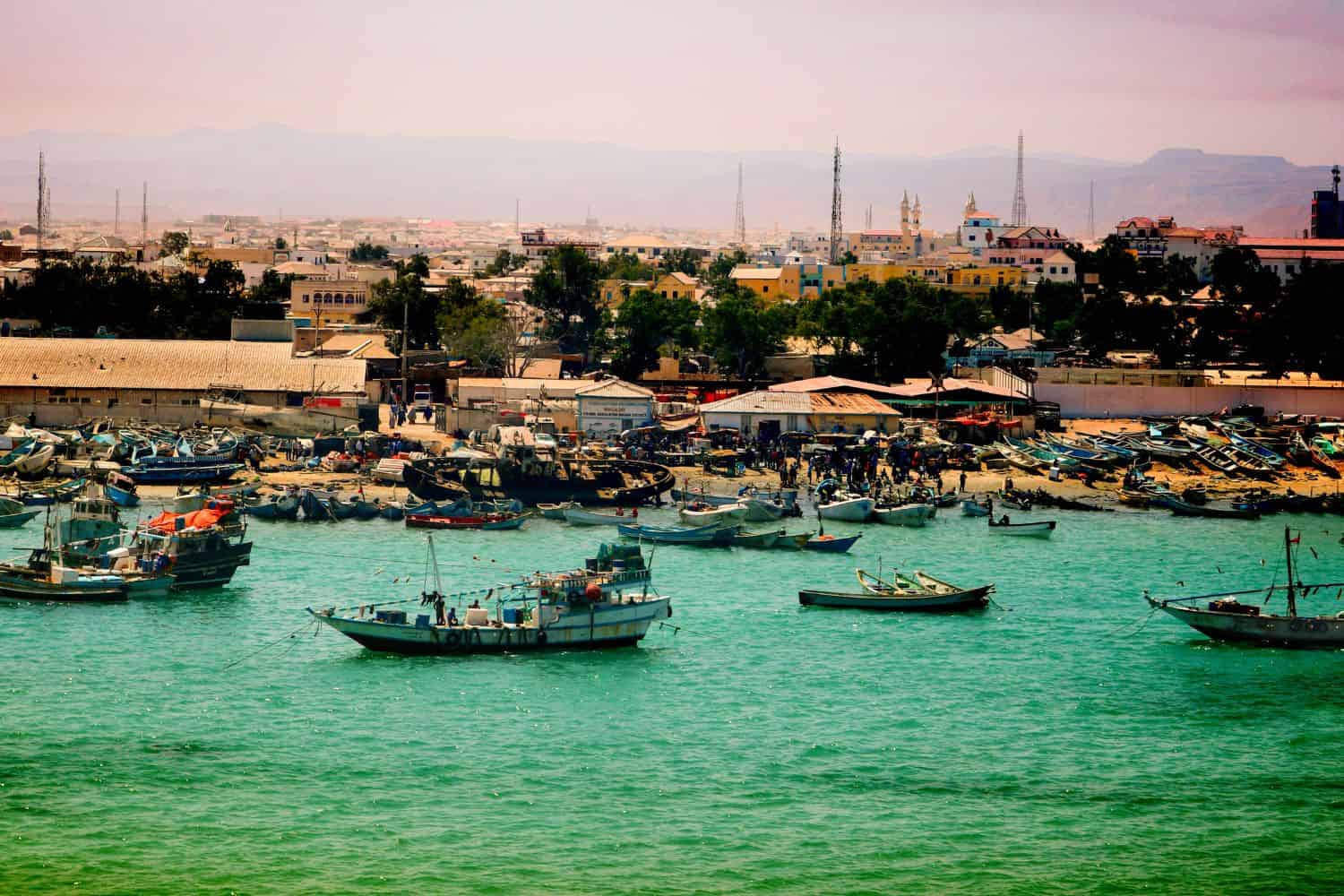Table of Contents
Delve into Somalia culture as we offer you a comprehensive understanding of the customs of Somalia, and its rich and vibrant heritage, including traditions, values, and unique customs and practices.
Somalis hold a deep appreciation for hospitality, warmly receiving guests into their homes. Family is the cornerstone of Somali society, fostering strong connections and a sense of unity. It is essential to acknowledge that Somalia culture is ever-changing, shaped by historical occurrences, local influences, and international engagements.
Gaining insight into the culture of Somalia can provide valuable perspectives into the intricate and diverse society of the nation.
Somalia Culture
Here are the key points to begin understanding Somalia culture and customs:
- Ethnic Diversity: Somalia boasts a diverse array of ethnic groups, each with its own unique customs and traditions. Major ethnic communities include Somalis, Bantus, and Arabs.
- Languages: Somali is the official language, but various regional languages and dialects are spoken across the nation.
- Islamic Practices: Somalia is predominantly a Muslim country, with Islam deeply woven into Somalia culture, shaping daily practices, values, and societal norms. This includes daily prayers, fasting during Ramadan, and adherence to Islamic dietary laws. The majority of Somalis follow Sunni Islam.
- Greeting Etiquette: Greetings are significant in Somalia culture. Handshakes are common among men, while men and women generally do not shake hands but rather greet each other verbally with polite expressions.
- Traditional Clothing: Traditional Somali clothing, like the “macawis” for men and “dirac” for women, is widely worn. Regional and ethnic variations in attire exist but remain integral to Somali identity.
- Cuisine: Somali cuisine features dishes like “injera” (flatbread), “sambusa” (samosas), and various rice and meat dishes. It reflects influences from East African and Arabian culinary traditions.
- Hospitality: Somalis are known for their warm hospitality. When guests visit, they are offered tea, meals, and often a place to stay. It is considered impolite to decline such gestures of hospitality.
- Respect for Elders: Respecting elders is a deeply ingrained custom in Somali society. Younger individuals show deference to their elders through their words and actions.
- Arts and Crafts: Somalia boasts a rich tradition of arts and crafts, including intricate weaving, pottery, calligraphy, and henna art.
- Music and Dance: Traditional Somali music often features instruments like the “oud” and “drum.” Dance is a significant part of cultural celebrations and gatherings.
- Celebration of Festivals: Somalis celebrate various religious and cultural festivals, such as Eid al-Fitr, Eid al-Adha, and “Ashura.” These celebrations typically involve special prayers, feasts, and communal gatherings.
- Family and Community: Family holds a central position in Somali society, and strong community bonds are crucial for support and social cohesion.
- Gender Roles: Traditional gender roles are distinct, with men and women often occupying separate social spheres. However, shifts are occurring, particularly in urban areas.
- Arranged Marriages: Arranged marriages are a common practice in Somalia, with families playing a pivotal role in matchmaking. Marriages are viewed as commitments not just between individuals but also between families.
- Resilience: Somalia’s history of adversity, including conflicts and natural disasters, has molded its culture, fostering resilience and close-knit community ties.
These customs and traditions are fundamental elements of Somalia culture, readily observable in daily life, and reflect the nation’s rich cultural heritage and strong sense of community and tradition.
Somalia Traditional Attire
Somalia Traditional Attire reflects the country’s rich cultural heritage, regional distinctions, and historical influences. The clothing worn by Somalis serves both functional and cultural purposes, with each region and ethnic group having its unique styles and significance.
1. Regional Diversity: Traditional clothing in Somalia varies significantly from region to region due to differences in climate, lifestyle, and ethnic customs. Coastal areas often favor lighter and more breathable fabrics, while inland regions may feature heavier garments.
2. Somali Cultural Groups: Different Somali ethnic groups have their traditional attire. For example, the “macawis” is a commonly worn piece of clothing by Somali men, consisting of a sarong-like wrap. Women often wear the “dirac,” a long dress with colorful and intricate patterns, complemented by a headscarf.
3. Nomadic and Rural Styles: Nomadic and rural communities, including pastoralist groups like the Somali Bantu, have distinctive clothing to suit their lifestyles. These outfits may include practical clothing for herding or farming, often featuring bright colors and intricate beadwork.
4. Modesty and Cultural Significance: Traditional Somali attire prioritizes modesty, with loose-fitting clothing that covers the body. Fabrics, colors, and patterns hold cultural and regional meanings, and attire can also indicate one’s social status or marital status.
5. Special Occasion Dress: For special occasions like weddings, religious celebrations, and festivals, Somalis don their finest traditional attire. These outfits are adorned with detailed embroidery, beadwork, and jewelry, offering a splendid display of cultural identity and heritage.
6. Adaptation to Modernity: While traditional attire remains important, urbanization and modern influences have led to the integration of Western clothing in urban areas, especially among younger generations. However, traditional clothing is still proudly worn during significant cultural events.
Somalia traditional attire is more than just clothing; it is a vibrant expression of the nation’s cultural diversity, history, and heritage. It represents the tapestry of traditions that have shaped Somali society for generations, reflecting the beauty and significance of Somalia culture.
Somalia Marriage Traditions
Somalia Marriage Traditions are deeply rooted in the country’s cultural and religious heritage, with variations across different ethnic groups and regions. These traditions hold a significant role in Somali society, reflecting historical practices and contemporary influences.
1. Arranged Marriages: Arranged marriages are prevalent in Somalia. Families play a central role in selecting suitable spouses for their children. Arranged marriages are seen as a means to strengthen family bonds and ensure compatibility between families.
2. Elders’ Involvement: Elders and respected community members often act as intermediaries in the matchmaking process. They consider factors like lineage, family reputation, and social status when proposing potential matches.
3. Engagement: After a suitable match is found, the engagement process begins with a formal agreement between the families. This agreement, called a “nikah” or “guddoomin,” marks the commitment of the couple to marry.
4. Wedding Celebrations: Somali weddings are elaborate and festive affairs, often lasting several days. They typically involve traditional rituals, feasting, music, and dancing. The main wedding ceremony, known as the “Aqal gal,” includes the signing of the marriage contract and may take place in a mosque or at home.
5. Bride Price (Mahr): The groom is expected to provide a “mahr” or dowry to the bride as a symbol of his commitment and financial security. The mahr varies in size and form, depending on the families and regions involved.
6. Bridal Attire: Brides in Somalia typically wear stunning dresses adorned with vibrant colors and intricate patterns. These outfits vary by region and ethnic group, with Somali, Bantu, and Arab brides showcasing distinct styles.
7. Post-Wedding Customs: After the wedding, various customs may continue, such as the “Xaflad” or wedding reception, where guests celebrate with the newlyweds. Additionally, there may be gatherings like the “Sheeko sheeko” for storytelling.
8. Religious Significance: Marriage in Somalia is not only a social contract but also a religious sacrament. Islamic principles govern the marriage contract, and it often includes recitation from the Quran and blessings from religious leaders.
9. Family and Community Involvement: Somali weddings are not just celebrations for the couple; they are community events. Extended families and the wider community play essential roles in supporting and participating in the festivities.
10. Contemporary Changes: In urban areas and among the younger generation, there is a growing trend toward love marriages, where individuals choose their partners based on personal preferences. However, traditional customs and ceremonies may still be observed alongside these modern unions.
Somalia marriage traditions reflect the significance of family, community, and cultural identity in Somali society. While some practices have evolved over time, they continue to be an integral part of Somali life, preserving the country’s cultural heritage and social bonds.
Somalia Food Culture
Somalia food culture is a reflection of its geographical location along the Horn of Africa, as well as its rich history and influences from Arab, Indian, and African culinary traditions.
- Regional Variation: Food from Somalia diverse geography, which includes coastal regions, arid plains, and highlands, has resulted in a wide array of regional cuisines. Each area incorporates local ingredients and traditional cooking techniques, contributing to a rich tapestry of flavors unique to each locality.
- Rice Dishes: Rice is a common feature in Somali cuisine, and dishes like “bariis iskukaris” (spiced rice) are popular, often flavored with saffron and cardamom.
- Grilled Meats: Grilled meats, particularly goat and camel, are essential components of Somali meals. “Suyaaro” (grilled meat skewers) and “hilib ari” (roasted goat) are well-loved dishes.
- Fresh Seafood: Somalia’s coastline provides an abundance of fresh seafood. Fish, lobster, crab, and prawns are frequently used in dishes like “bariis iyo baasto” (rice and pasta with seafood).
- Spices and Herbs: Somali cuisine employs a range of spices and herbs, including cumin, coriander, turmeric, and cinnamon. These spices add depth and flavor to dishes.
- Traditional Dishes: Somali cuisine features traditional dishes like “sambuusa” (samosas), “baasto” (pasta), “muufo” (cornbread), and “xalwo” (sweet halva). Each region may have its variations of these dishes.
- Dairy Products: Dairy products like camel milk, goat cheese, and yogurt are integral to Somali food culture. “Lahoh,” a spongy, pancake-like bread, is often served with yogurt and honey.
- Tea and Coffee: Tea and coffee are popular beverages in Somalia. Somali tea, often brewed with spices like cardamom and ginger, is known for its unique flavor. Coffee is traditionally roasted and brewed at home.
- Social Eating: Somalia culture emphasizes communal dining, with friends and family often sharing meals on a “sofreh” (a low dining table or mat). This practice fosters a strong sense of community and togetherness.
- Adaptability: Somali cuisine has adapted over time, with influences from neighboring countries and the Somali diaspora. Somali restaurants around the world offer a taste of traditional Somali dishes to diverse audiences.
Book our services
These guiding services ensure that your journey is not only enjoyable but also informative and hassle-free. Somalia’s cultural delights, historical marvels, and natural wonders await your exploration with RJ Travel LLC. Our Somalia Private Tours are designed to immerse you in the rich cultural heritage, historical significance, and breathtaking landscapes of this extraordinary nation.
Contact Us and our team will make sure to help you plan your trip to Somalia when it’s safe and ready for travel. Whether you’re interested in joining a pre-arranged Somalia small group tour or creating a custom itinerary, we are here to make your Somali adventure an unforgettable reality.
More About Somalia
Book Your Trip to Somalia Today!
Embark on an unforgettable journey and explore the allure of Somalia through our exclusive tours.

